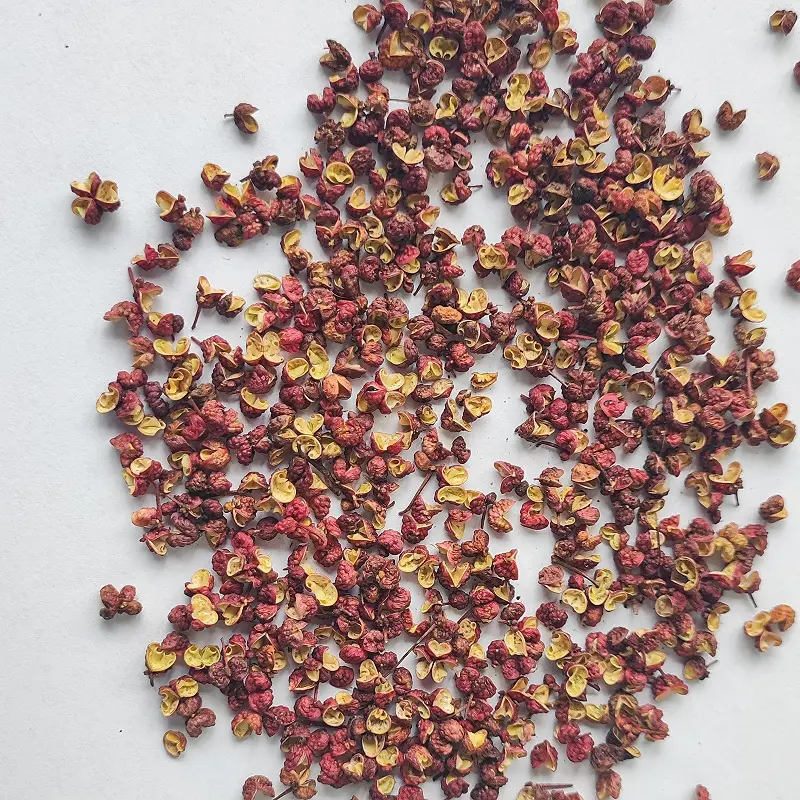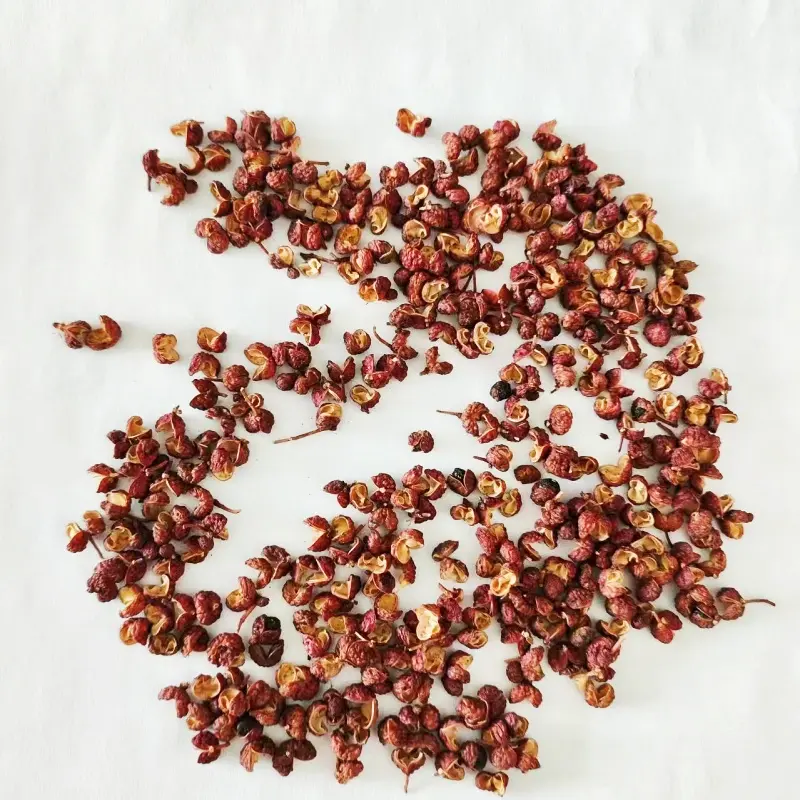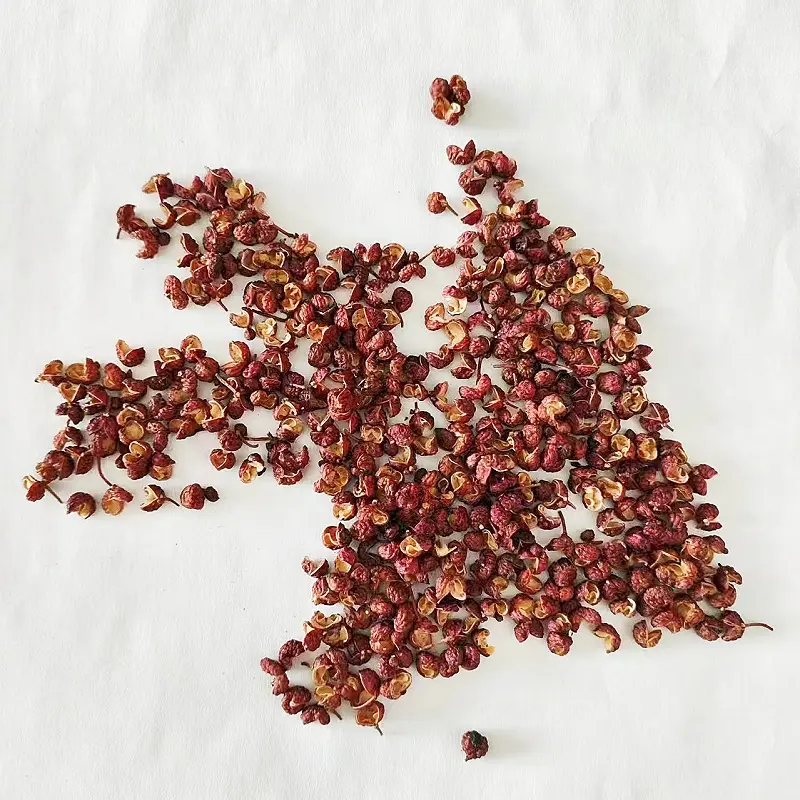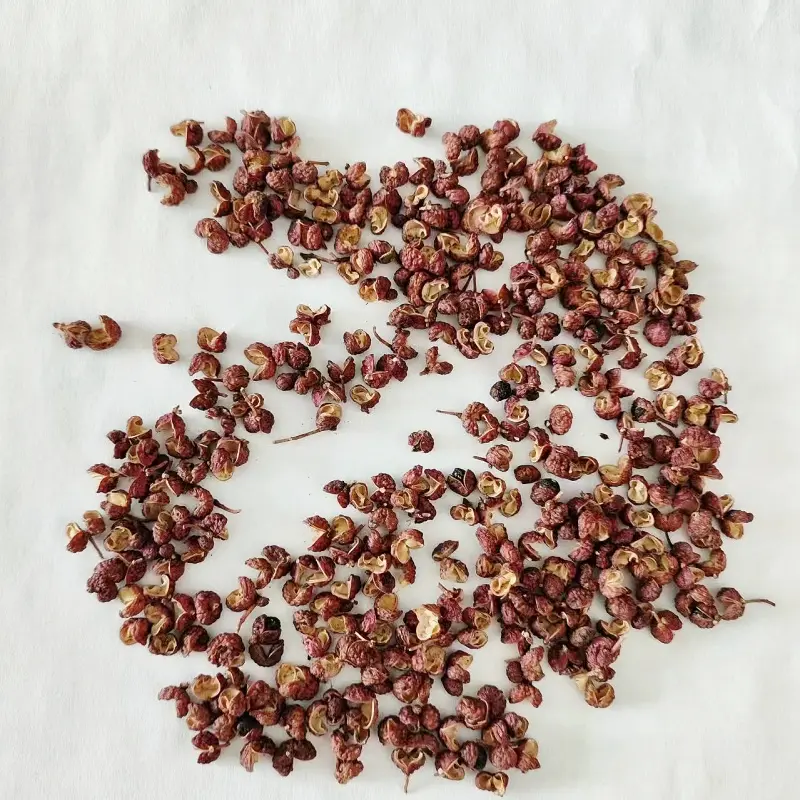Exploring the Legend and Legacy of Chinese Peppercorns
Introduction
Chinese cuisine is renowned for its vibrant flavors, intricate spices, and rich culinary history. Among the myriad of ingredients that contribute to its distinctive taste profile, one stands out for its unique flavor and cultural significance: the Chinese peppercorn. This tiny spice, with its complex flavor profile and rich history, has captured the imagination of chefs and food enthusiasts around the world. In this article, we delve into the legend, history, and culinary uses of Chinese peppercorns, exploring why they hold a special place in Chinese culture and cuisine.
The Legend of Chinese Peppercorns
The legend of Chinese peppercorns dates back centuries and is steeped in folklore and mythology. One popular tale recounts the story of how the spice came to be. According to legend, a Chinese emperor discovered the peppercorn while exploring his vast empire. Struck by its unique flavor and aromatic properties, he declared it a treasure and decreed that it be used in royal banquets and ceremonies.
Another legend suggests that Chinese peppercorns were prized for their medicinal properties. Ancient Chinese physicians believed that the spice had powerful healing properties and could cure ailments ranging from digestive issues to respiratory problems. As a result, Chinese peppercorns became a staple in traditional Chinese medicine, with practitioners incorporating them into various remedies and treatments.
Historical Significance
Beyond its mythical origins, Chinese peppercorns have played a crucial role in shaping Chinese culinary traditions and trade routes. Historical records indicate that the spice was traded along the ancient Silk Road, linking China to the Middle East and beyond. Its popularity spread far and wide, with merchants and traders exchanging it for other goods and commodities.
During the Tang dynasty (618–907 AD), Chinese peppercorns reached new heights of popularity, becoming a prized commodity among the ruling elite. Emperors and nobles alike prized the spice for its exotic flavor and purported health benefits. Its demand spurred further trade and exploration, contributing to the flourishing of commerce and cultural exchange along the Silk Road.
Culinary Uses and Flavor Profile
Chinese peppercorns are known for their distinctive flavor profile, which is characterized by a numbing sensation known as "má" (麻) in Mandarin and a citrusy, floral aroma. Unlike black pepper, which is pungent and spicy, Chinese peppercorns impart a tingling sensation on the tongue, followed by a subtle heat. This unique combination of flavors adds depth and complexity to a wide range of dishes.
In Chinese cuisine, peppercorns are commonly used in both savory and sweet dishes. They are a key ingredient in traditional dishes such as mapo tofu, a spicy Sichuanese tofu dish, and kung pao chicken, a stir-fry dish with peanuts and vegetables. The numbing sensation of Chinese peppercorns complements the bold flavors of spicy dishes, creating a harmonious balance of heat and tingling sensation.
Beyond savory dishes, Chinese peppercorns are also used in desserts and beverages. In Sichuan cuisine, they are often infused into hot pot broths, lending a subtle numbing effect to the soup base. Additionally, Chinese peppercorn-infused cocktails have gained popularity in recent years, with mixologists experimenting with innovative flavor combinations to create unique drinks.
Cultural Significance and Rituals
In addition to its culinary uses, Chinese peppercorns hold significant cultural symbolism in Chinese society. In traditional Chinese medicine, the spice is believed to promote circulation and alleviate pain, making it a valuable ingredient in herbal remedies and tonics. Its association with health and vitality has cemented its place in Chinese culture as a symbol of prosperity and well-being.
Chinese peppercorns are also deeply intertwined with various cultural rituals and celebrations. During the Lunar New Year, families gather to share meals featuring auspicious ingredients believed to bring good luck and fortune. Peppercorns are often included in these festive dishes, symbolizing the hope for a prosperous and joyous year ahead.
Furthermore, Chinese peppercorns are used in traditional Chinese cooking techniques such as "dry frying" (干煸) and "wok frying" (爆炒), which rely on high heat and quick cooking to enhance the flavor of ingredients. These techniques have been passed down through generations, preserving the culinary heritage of Chinese cuisine and ensuring that the legacy of Chinese peppercorns continues to thrive.
Conclusion
The legend of Chinese peppercorns embodies the rich tapestry of Chinese culture, weaving together mythology, history, and culinary tradition. From its mythical origins to its widespread use in Chinese cuisine, the spice has left an indelible mark on the culinary landscape of China and beyond. Whether enjoyed in a spicy stir-fry or infused into a refreshing cocktail, Chinese peppercorns continue to captivate the senses and inspire culinary creativity around the world. As we celebrate the legacy of this remarkable spice, we honor the centuries-old tradition of flavor and innovation that defines Chinese cuisine.
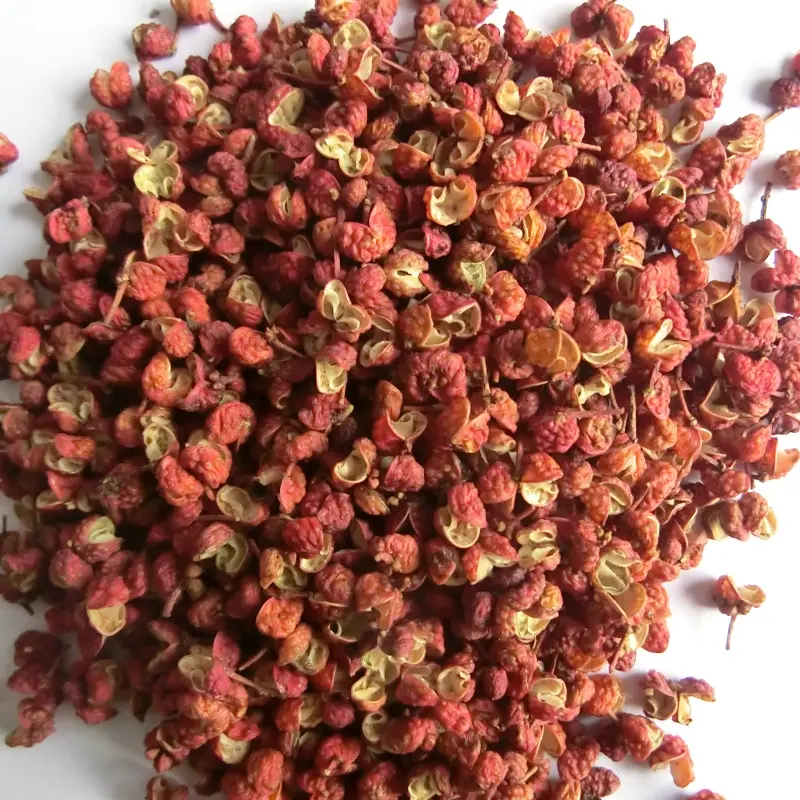
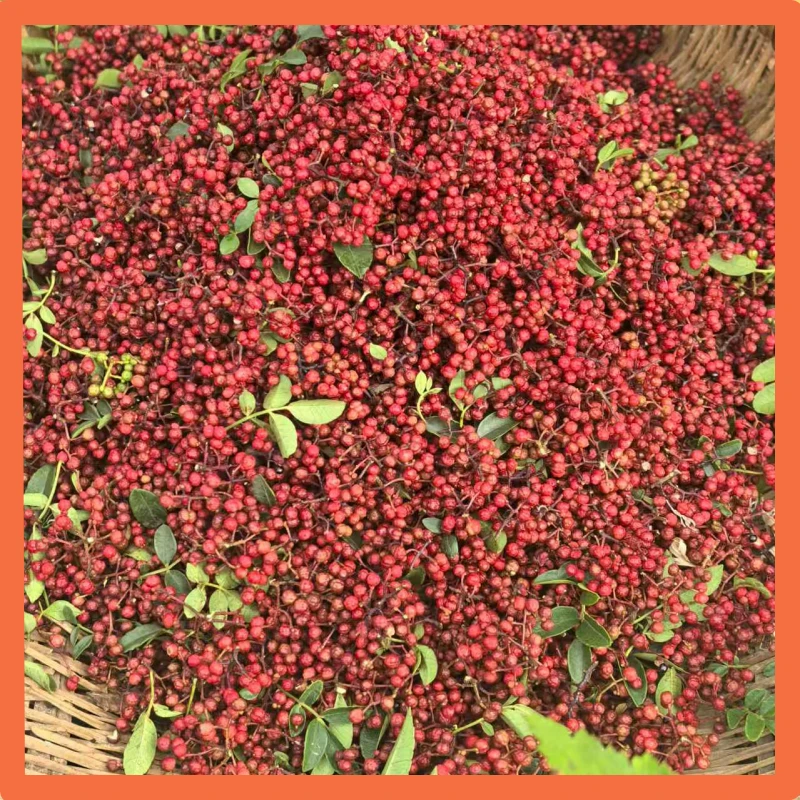
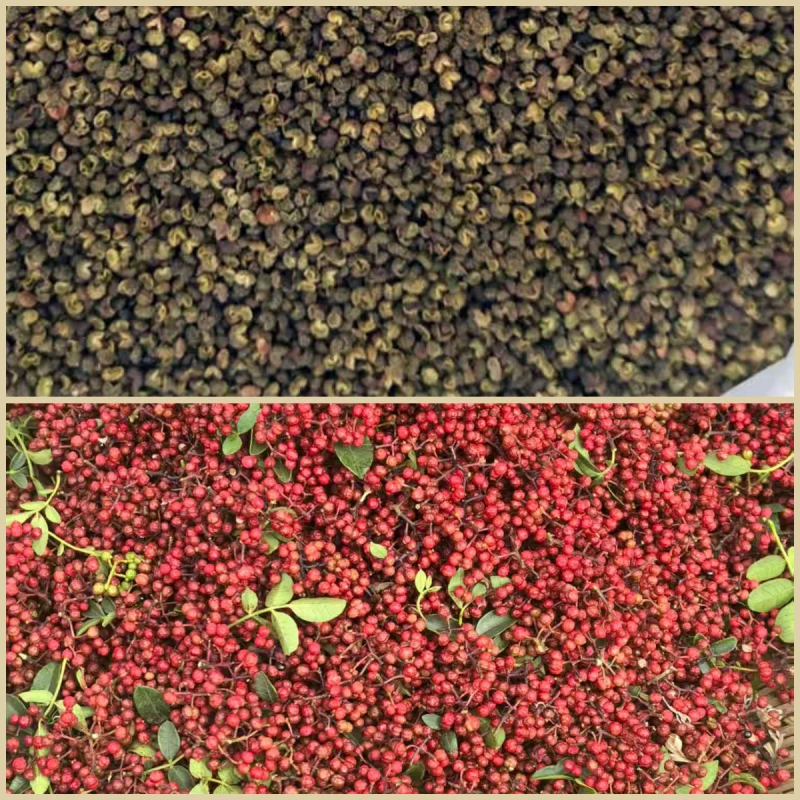

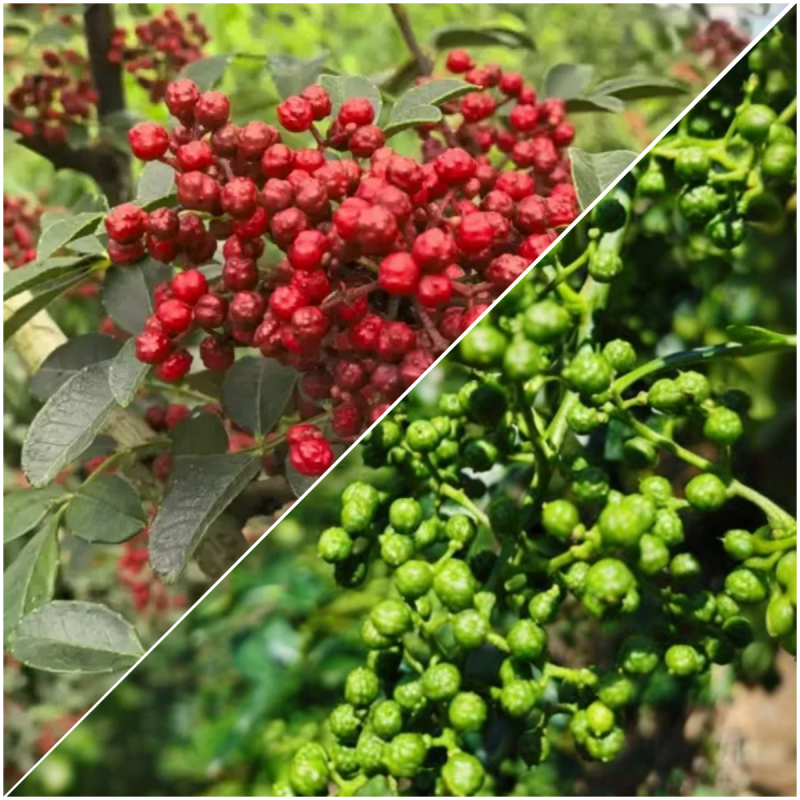
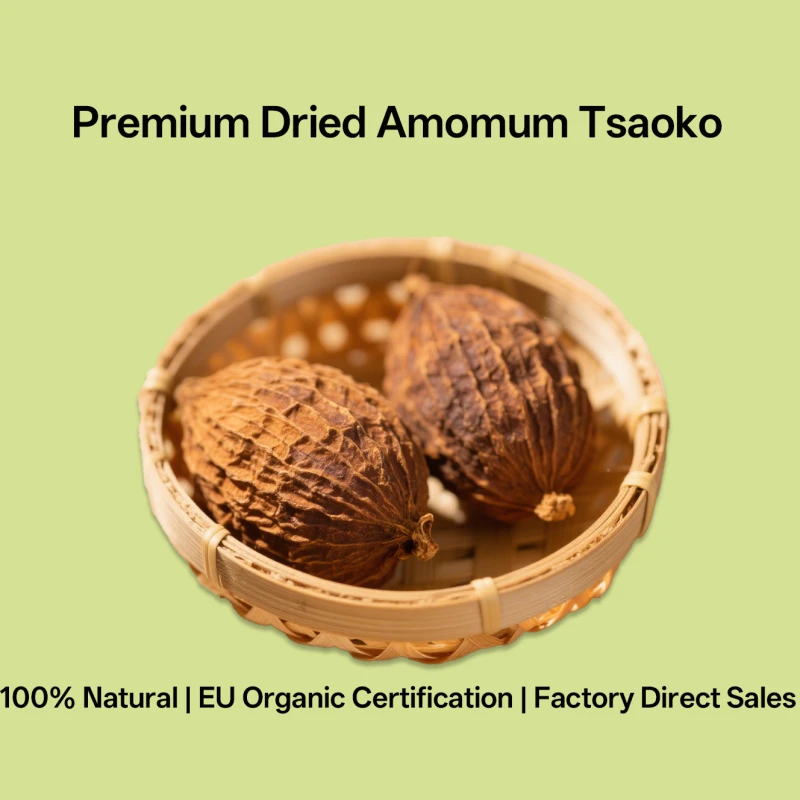
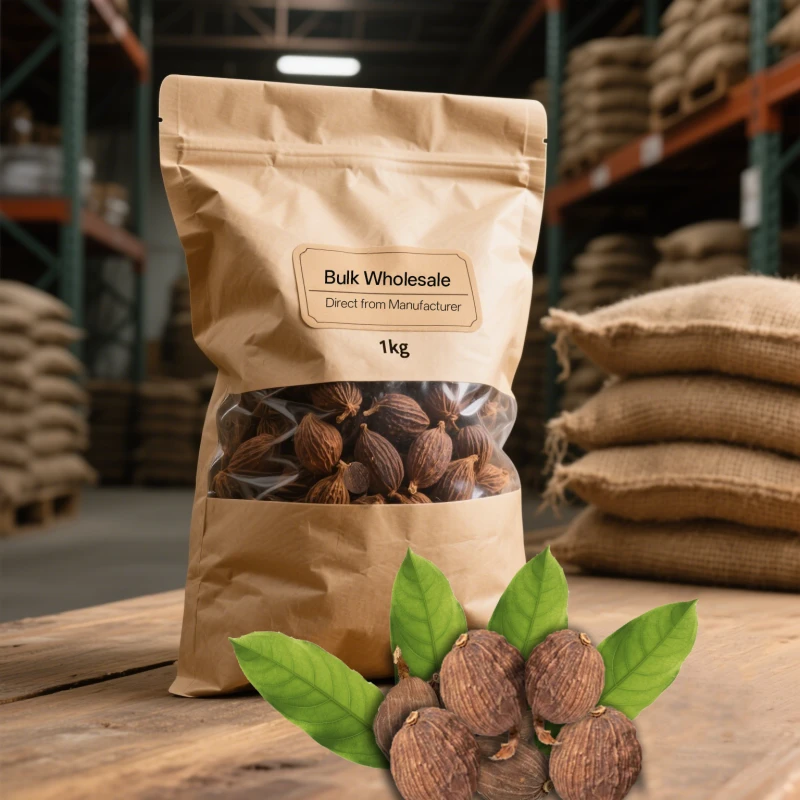
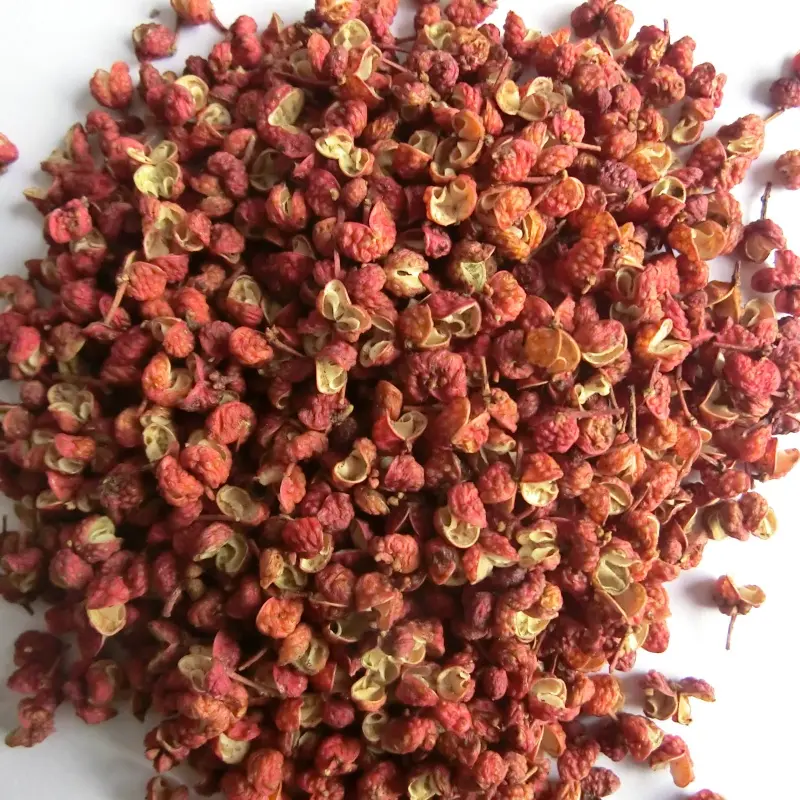
811.webp)
